Last Updated on July 31, 2021
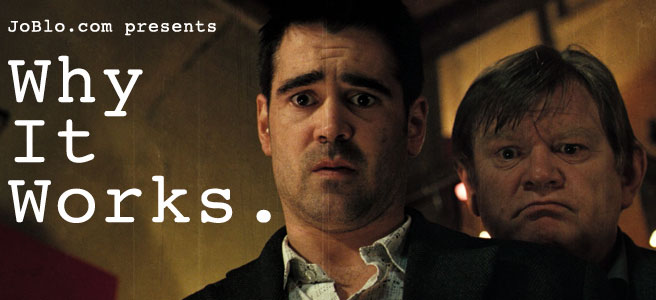 Why It Works is an ongoing column which breaks down some of the most acclaimed films in history and explores what makes them so iconic, groundbreaking, and memorable.
Why It Works is an ongoing column which breaks down some of the most acclaimed films in history and explores what makes them so iconic, groundbreaking, and memorable.
****SPOILERS AHEAD****
While it isn't exactly the most Irish of movies, IN BRUGES has been on my to-do list for a while, and St. Patrick's Day seemed as good a time as any to look at Martin McDonagh's tale of two Irish hitmen hiding out in a quiet city in northwest Belgium. McDonagh's first feature film as both writer and director takes us on a strange adventure featuring morally ambiguous characters, walking the line between comedy and tragedy, and leaving us with one hell of a mess to clean up when all is said and done. Here's why it works:
WHY WE LIKE THE CHARACTERS:
Whether it's SEVEN or TOMMY BOY, forcing two characters who couldn't be more different to work together is a classic storytelling device. Ken is a quiet, educated man who wants to take in as much culture and history as possible… and Ray is a child in a 30 year-old body. Also, they both kill people for money, so there's that. When we learn that Ray accidentally killed a child on their last mission, any sympathy we may have had for him is understandably shaken. As the film progresses, however, we learn that Ray is torn to shreds inside with what he's done and that his wisecracking exterior is as much a defense mechanism as anything else. Ken is not only a much easier character to sympathize with from the get-go, but his fight for Ray's soul (and eventually life) shows Ken to be a truly compassionate character given his profession. Finally, the best way to make bad guys likable is to give them their own villain, and so we have boss man Harry, who not only makes them look like saints by comparison, but also gives us a chance to see Ralph Fiennes do what he does best.
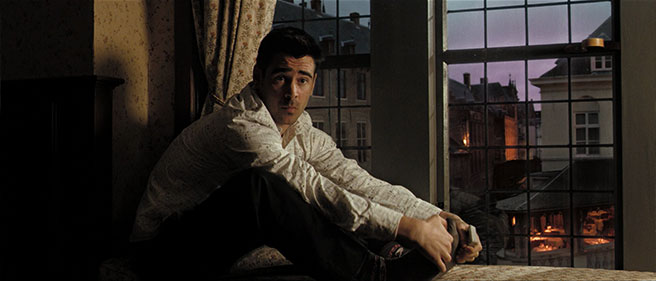 I once passed Colin Farrell sitting in a courtyard in LA… those eyebrows are no joke.
I once passed Colin Farrell sitting in a courtyard in LA… those eyebrows are no joke.
WHY WE CARE:
In the same way we get to have fun with the characters before learning their darker truths, the first 20 or so minutes of IN BRUGES plays more like a buddy road trip comedy than a film about killers on the run. This both introduces the levity which will remain present throughout the film but also lets us get comfortable with the characters and their environment before things get going. Once we learn why they're in Bruges, however, the film takes an uneasy turn. Not only did Ray accidentally kill a child, but Harry sent them away for Ray to have one last vacation before Ken is ordered to kill him. From this point forward, we can't help but be on board for the duration. First, we have an undercurrent of tension as Ray begins to enjoy himself while Ken has to contemplate whether or not to carry out his task. Once he decides not to and tells Harry as such, even though Ken is resigned to his fate, we know things can't help but escalate (not a bell tower pun, I promise) before the story reaches its conclusion.
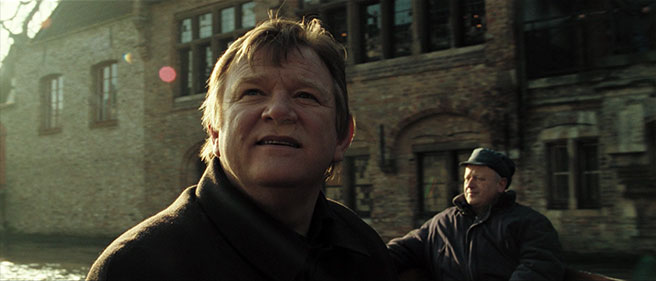 I would definitely be the Ken in this relationship.
I would definitely be the Ken in this relationship.
WHY WE'RE SATISFIED:
From the Ancient Greeks and Shakespeare through to Scorsese and Tarantino, one aspect of storytelling is clear: if you do bad things, you'll almost certainly have to pay for it eventually, even if you've managed to redeem yourself along the way. For being such a small film, IN BRUGES offers up quite an impressive finale. All of the characters we've met throughout the story come together in some capacity, and no one makes it out unscathed. It's a shame to see Ken go, but he knew refusing to kill Ray would almost certainly mean his demise, so we've had time to prepare for his undoing. After being mortally wounded by Harry, Ken straightens his tie, hurls himself from the bell tower, and is able to warn Ray and give him his gun before drawing his last breath. Following an awkward standoff in the hotel and a desperate chase through the streets of Bruges, Harry guns down Ray, accidentally kills the diminutive Jimmy in the process, and- thinking Jimmy was a child- sticks a gun in his mouth and pulls the trigger (you've got to stick to your principles).
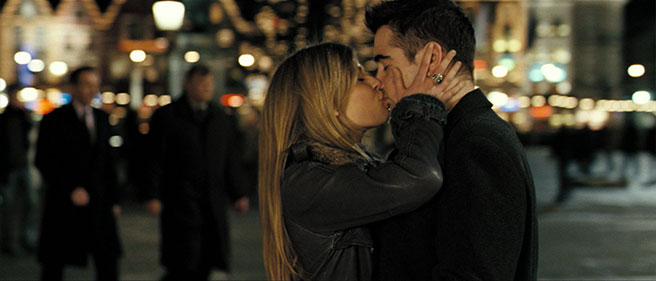 Hey, look, all four leads in one shot!
Hey, look, all four leads in one shot!
As Ray is carried out on a stretcher, he tells us in a final voice-over that he will find the parents of the boy he killed if he survives and accept any punishment they deem appropriate. He also muses that maybe hell is an eternity in Bruges (though it rings more like Purgatory, which Ken and Ray discuss earlier in the film) and desperately hopes he won't die. While we're never told whether Ray survives (it wouldn't be the first posthumous voice-over to end a film), we take satisfaction in knowing he has received a substantial punishment either way and more importantly, that he is a changed person. Rather than run from his mistakes and hide under a layer of jokes and more bad decisions, he is ready to accept his fate and finally become the person Ken believed him to be.
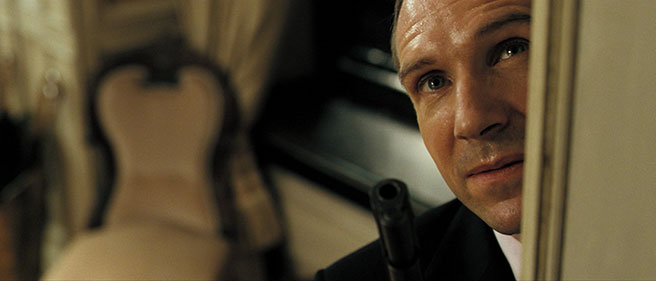 On the rare occasion Ralph Fiennes plays a good guy, I still expect him to eventually murder everyone.
On the rare occasion Ralph Fiennes plays a good guy, I still expect him to eventually murder everyone.
WHY WE REMEMBER:
When comedy and drama are mixed just right, something special happens. We watch comedies and expect to laugh, dramas expecting emotion, horror waiting to be scared, etc., but films that cross genres both catch us off guard and let us experience a wider range of emotions, as we never know what to expect next. That balance between light and dark really applies to every aspect of the film, with Colin Farrell's performance as maybe the clearest example of this, as Ray experiences every emotion at its peak, be it boredom, joy, infatuation, or sadness. Farrell balances all of these moments beautifully, as do Brendan Gleeson, Ralph Fiennes, Clémence Poésy, and the rest of the cast. Carter Burwell's score, with the help of songs by Townes Van Zandt, The Dubliners, and more brings an airy sense of comfort and wonder to the film but also a strong sense of urgency when things get tense. Martin McDonagh's directing combined with Eigil Bryld's cinematography and the overall production design give us a colorful and cinematic look at Bruges without straying from the underlying grittiness of McDonagh's brilliant script. The playwright-turned-filmmaker's next film, THREE BILLBOARDS OUTSIDE EBBING, MISSOURI, stars Frances McDormand. Woody Harrelson, Sam Rockwell, Peter Dinklage, and more, and is set to release later this year. Ebbing, Missouri is a quiet, lovely town, which McDonagh will no doubt be tearing to shreds with comedy, vulgarity, and murder. Sounds about right.
Thoughts? What else worked for you? What didn't? Strike back below!
If you have any movies you'd like to see put under the microscope, let us know below or send me an email at [email protected].


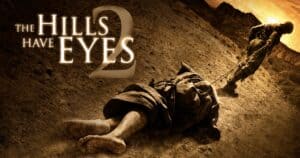





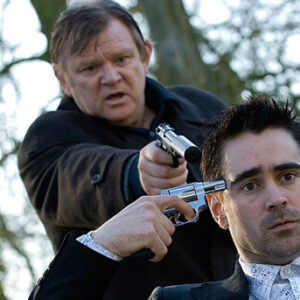

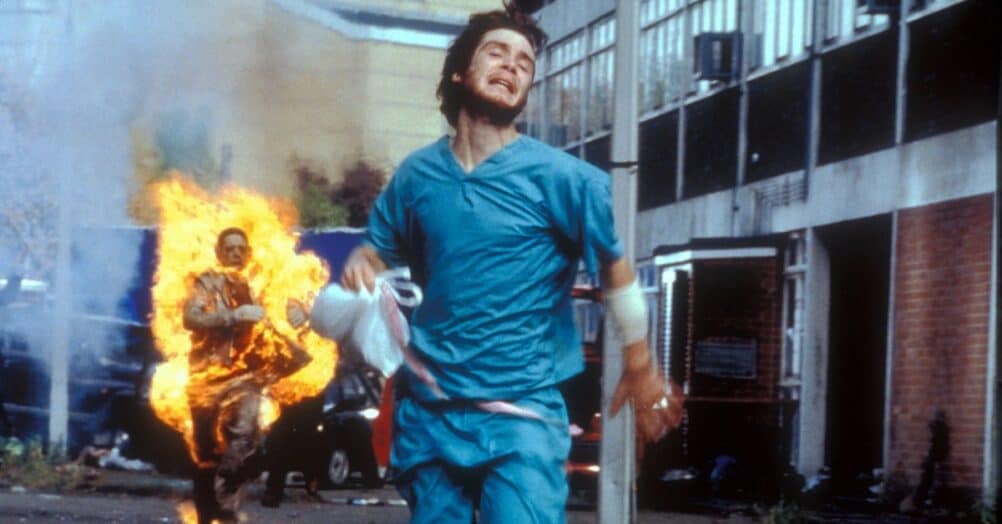




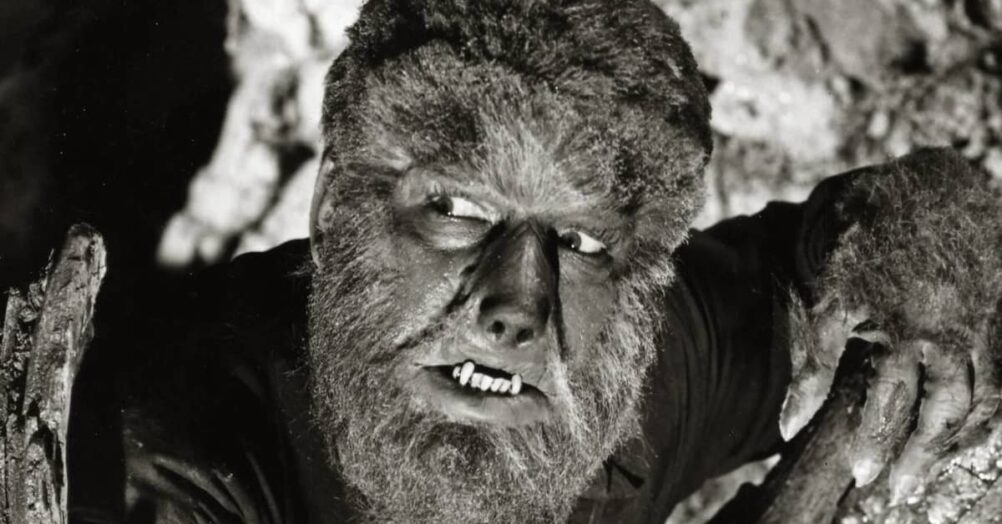

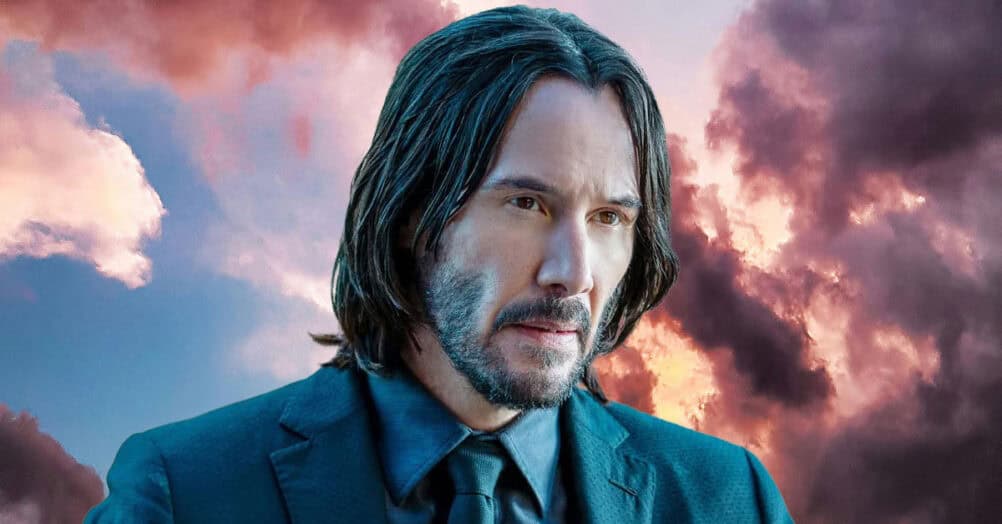


Follow the JOBLO MOVIE NETWORK
Follow us on YOUTUBE
Follow ARROW IN THE HEAD
Follow AITH on YOUTUBE